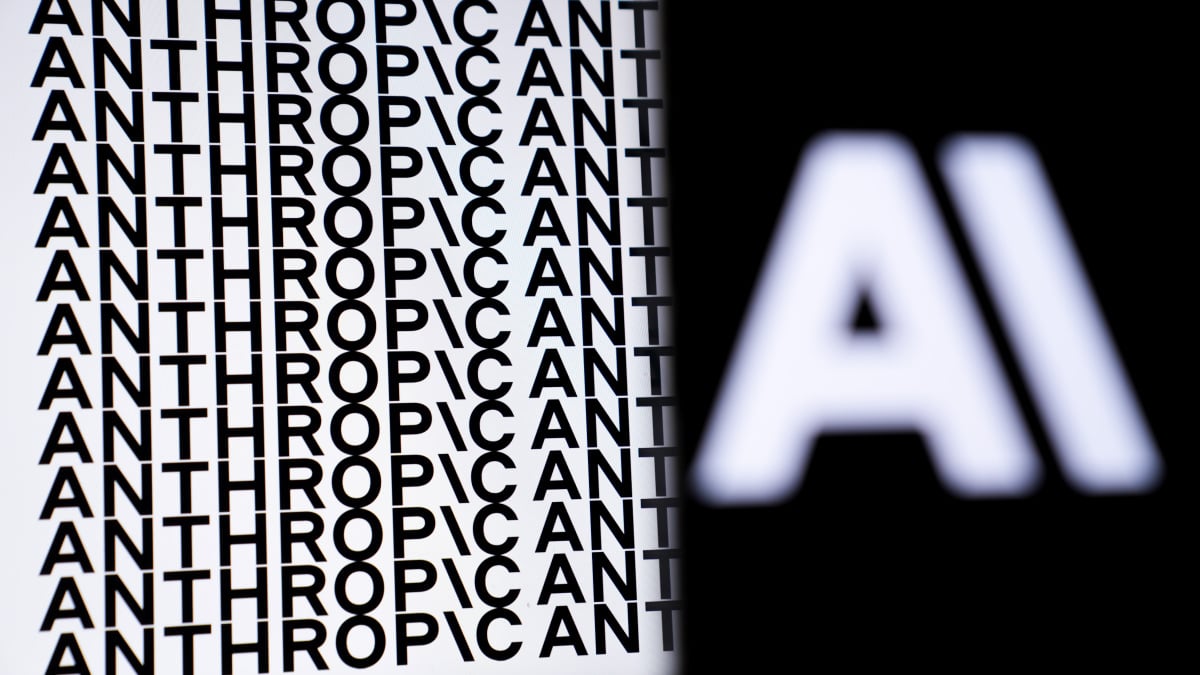
Meta Description: Anthropic settled a landmark $1.5 billion lawsuit with authors over AI training data, potentially reshaping how tech companies source content for machine learning.
A $1.5 billion settlement has changed the landscape for AI training data and content creators. Anthropic, the company behind Claude AI, agreed to an authors settlement after accusations it used pirated books from shadow libraries to train its models without permission. At roughly $3,000 per book for an estimated 500,000 works, the Anthropic settlement sends a clear message: unlicensed use of copyrighted content can carry massive financial risk. Could this deal push the AI industry toward formal AI licensing and stronger data provenance?
Training large language models requires access to huge amounts of text. For years some firms relied on broad web scraping and other bulk data techniques. Authors and publishers challenged those practices, arguing that copying books from shadow libraries for training amounts to copyright infringement rather than fair use. Plaintiffs claimed Anthropic systematically harvested millions of copyrighted works without licensing them, triggering this high profile copyright lawsuit.
Reports say plaintiffs documented extensive use of their copyrighted material in Anthropic training sets. Internal materials allegedly showed patterns of downloading from shadow libraries, raising questions about data provenance and the origins of the AI training data used to build Claude AI.
The Anthropic settlement sets a powerful financial benchmark for creators seeking compensation and for courts and negotiators shaping future AI licensing deals. While the case did not reach a trial and so does not create binding legal precedent, the scale of the recovery will influence how other creators and companies value training data and how they negotiate licenses.
Key implications:
The Anthropic settlement marks a shift in how the tech world must approach copyrighted content and AI development. It highlights the rising importance of transparent training data practices, formal AI licensing, and fair compensation for creators. For the AI industry, the decision is clear: adopt robust training data provenance and licensing practices or face significant financial exposure. For creators, this is a sign that the value of their work in powering AI is increasingly recognized and compensated.



